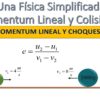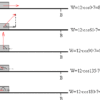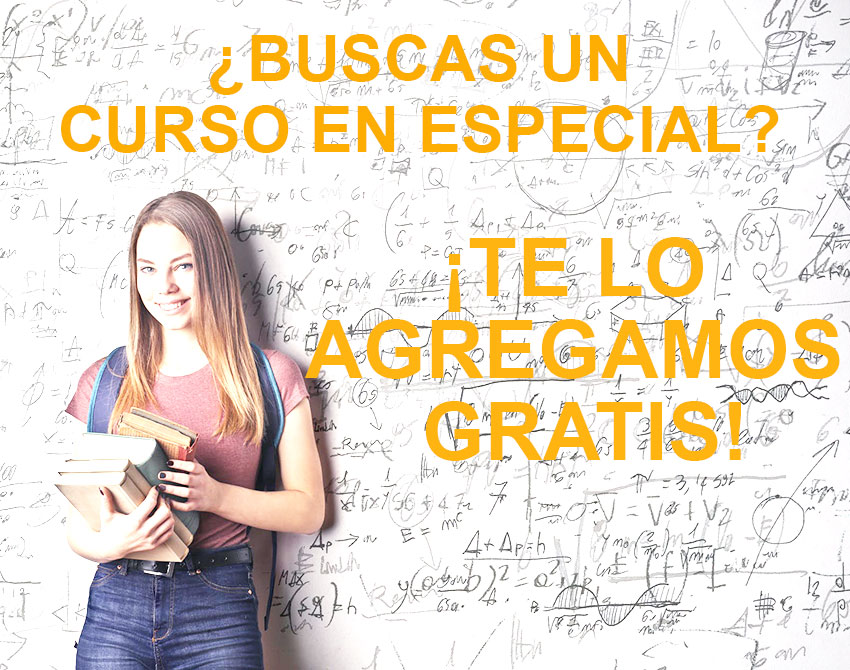Physics Course - Linear Momentum

With this free course of 16 video lessons you will learn about the most important concepts of Linear Momentum in Physics
The amount of motion, linear momentum, momentum, or momentum is a physical magnitude derived from the vector type that describes the motion of a body in any mechanical theory. In classical mechanics, the amount of motion is defined as the product of the mass of the body and its velocity at a given instant. Historically, the concept dates back to Galileo Galilei. In his work Discourses and mathematical demonstrations around two new sciences, he uses the Italian term impeto, while Isaac Newton in Principia Mathematica uses the Latin term motus1 (movement) and vis motrix (motive force).





